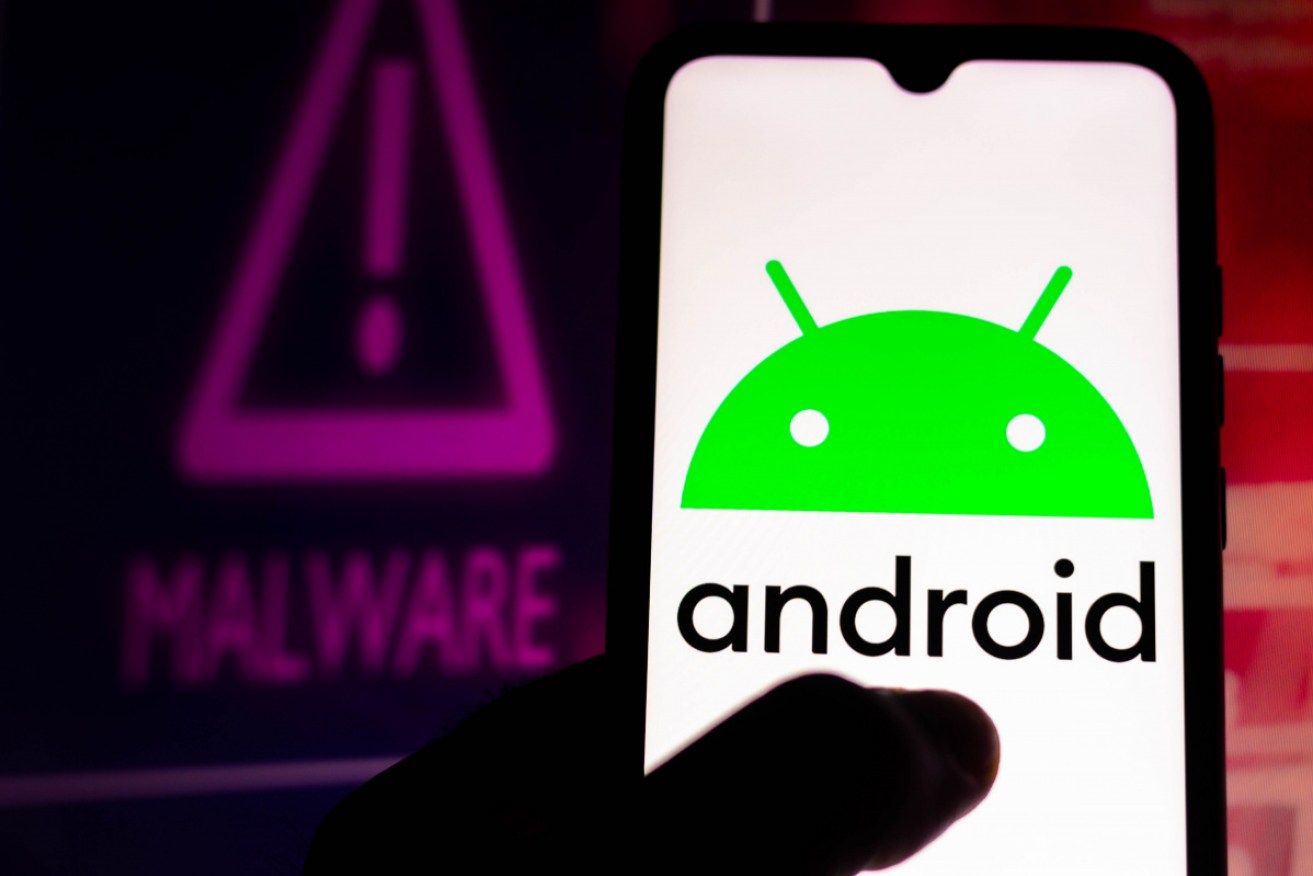Android has up to 47 times more malware than iPhone: Report


Apple says the impact of sideloading exposes Android users to more cybercriminals. Photo: Getty
A new Apple security report has found Android mobile phones are 47-times more likely to carry malware than iPhones.
Apple’s document states that privacy threats are increasingly common and predominantly present on Android devices that allow “sideloading”.
Sideloading is the distribution of apps outside a device’s App Store that can be directly downloaded or through third-party app stores.
It comes after pressure from private companies and governments to force sideloading of apps on the iPhone in the US and Europe.
But Apple reports mobile malware and the resulting security and privacy threats go hand in hand with platforms that allow sideloading, like Android devices.
“Over the past four years, Android devices were found to have 15 to 47 times more malware infections than iPhone,” the 31-page security report states.
Apple says more than 230,000 mobile malware infections were reported each day by a European regulatory agency.
It reported nearly 6 million attacks a month were detected by a large security company on its clients’ Android mobile devices.
Apple said sideloading would “cripple the privacy and security protections that have made iPhone so secure, and expose users to serious security risks”.

Third-party apps and downloads make Androids more vulnerable to malware, Apple says. Photo: Getty
It warned the addition of sideloading could destroy the iOS ecosystem if it was forced to do so.
Another concern Apple flags is how sideloading could open the door to cybercriminals to mimic the iOS App Store, tricking users to download notorious trojans.
Apple notes recent Android trojans in its report, including the Banker.BR, TeaBot and BlackRock — which steal login credentials from online services and pose as popular apps.
“Sideloading would make it easier and cheaper to execute many attacks that are currently difficult and costly to execute on iOS,” the company’s security report reads.
Apple fears businesses, developers, advertisers and users, especially, would be affected if sideloading was supported.
It said users would have less information about apps upfront, and less control over apps after they downloaded them onto their devices.
Some sideloading initiatives would also mandate removing protections against third-party access to hardware, making user data more accessible to cybercriminals.
“Users also may have no choice other than sideloading an app that they need to connect with family and friends because the app is not made available on the App Store,” Apple said.
“For example, if sideloading were permitted, some companies may choose to distribute their apps solely outside of the App Store.”
Apple says the iPhone is a “highly personal device” where users store some of their most sensitive and private information.
Even if users only download from the iOS App Store, opening Apple devices to third-party apps would put all users at risk, the report says.
“The increased risk of malware attacks would put all users at greater risk, even those who prefer to download apps only on the App Store,” Apple said.
“Plainly, sideloading is not in the best interest of users.”








